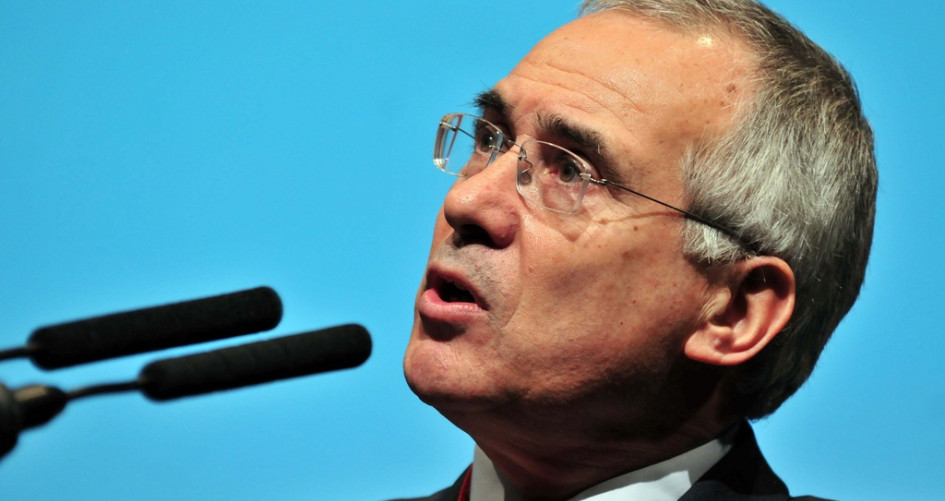Leading British economist Nick Stern has called on countries to increase the ambition of their national climate action plans, both before and after the UN climate change meeting in Paris in December, for the world to avoid the worst impacts of climate change.
Lord Stern and two other leading economists assessed the national climate plans so far submitted to the UN along with commitments published by governments but not yet formally submitted ahead of the Paris meeting.
He came to the conclusion that commitments already made by world governments to cut carbon emissions are not enough to keep the global average temperature rise below the internationally agreed maximum 2 degrees Celsius global average temperature rise.
Writing in a paper published by the Grantham Research Institute on Climate Change and the Environment and the ESRC Centre for Climate Change Economics and Policy at the London School of Economics and Political Science, the British economist says:
“The ambitions and plans agreed at the Paris summit in December 2015 should be regarded as a critical initial step. It is also important that countries make pledges that are credible. However, the magnitude of the gap between current intentions and the international target of limiting global warming to no more than 2 centigrade degrees clearly shows that an international agreement in Paris will have to include dynamic mechanisms for the assessment of progress and the raising of ambitions.”
At the same time, Nicholas Stern and his colleagues remain optimistic that an effective agreement can be reached in Paris given that there is strong action coming through in many parts of the world, for example the rising use of renewable energy and efforts to cut greenhouse gas emissions in countries from Latin America to Asia.
Commenting on the findings, Nick Nuttall, Spokesperson for the UN Framework Convention on Climate Change (UNFCCC), said:
"This new study confirms what the UNFCCC and its Executive Secretary have been saying for some time. Namely that the first 30 plus climate action plans--known as Intended Nationally Determined Contributions (INDCs)--along with the many more set to come are a promising next step towards solving climate change over the 21st century—but certainly not the final one".
"That is why the Paris agreement and the decisions surrounding it need to represent a long term development plan, rooted in science based targets, if limiting a global temperature rise under 2 degrees C is to be met," he said.
Developed countries are expected to lead the global drive to raise ambition to cut emissions but developing countries are also an essential part of the response and are keen to build their own clean energy futures and to protect their economies and societies from existing climate change.
"December’s UN climate convention conference must be a decisive departure from the past, putting in place the pathways, policies and crucially the finance that supports the growth and the climate ambitions of developing countries,” said Mr Nuttall.
“Pathways and policies alongside support for developing countries that will lead to a progressive ramping up of ambition that will peak global emissions in ten years’ time, trigger a deep de-carbonization of the global economy by the second half of the century and a sustainable future for every man, woman and child, " he said.
See the Grantham Research Institute press release with the link to the full report and the corresponding article in the Guardian.
Image: CIAT, Flickr
